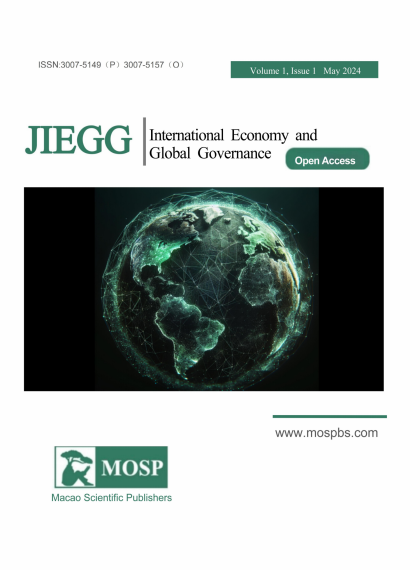-
Kitzmueller, M., & Shimshack, J. (2012). Economic perspectives on corporate social responsibility. Journal of Economic Literature, 50(1), 51-84.
-
Ferrell, A., Liang, H., & Renneboog, L. (2016). Socially responsible firms. Journal of Financial Economics, 122(3), 585-606.
-
World Bank. (2020). The World Bank Annual Report 2020. Washington, DC: World Bank.
-
Jo, H., & Na, H. (2012). Does CSR reduce firm risk? Evidence from controversial industry sectors. Journal of Business Ethics, 110, 441-456.
-
Shen, C. H., Wu, M. W., Chen, T. H., & Fang, H. (2016). To engage or not to engage in corporate social responsibility: Empirical evidence from the global banking sector. Economic Modelling, 55, 207-225.
-
Pérez, A., & del Bosque, I. R. (2015). How customer support for corporate social responsibility influences the image of companies: Evidence from the banking industry. Corporate Social Responsibility and Environmental Management, 22(3), 155-168.
-
Santikian, L. (2014). The ties that bind: Bank relationships and small business lending. Journal of Financial Intermediation, 23(2), 177-213.
-
Chen, W. (2023). Bank connections, corporate social responsibility and low-carbon innovation. Energy Policy, 183, 113840.
-
Shleifer, A., & Vishny, R. W. (1997). A survey of corporate governance. Journal of Finance, 52(2), 737-783.
-
Bae, K. H., Kang, J. K., & Lim, C. W. (2002). The value of durable bank relationships: evidence from Korean banking shocks. Journal of Financial Economics, 64(2), 181-214.
-
Gambini, A., & Zazzaro, A. (2013). Long-lasting bank relationships and growth of firms. Small Business Economics, 40, 977-1007.
-
Du, Z., & Wang, Q. (2024). The power of financial support in accelerating digital transformation and corporate innovation in China: evidence from banking and capital markets. Financial Innovation, 10(1), 76.
-
Jensen, M. C., & Meckling, W. H. (1976). Theory of the firm: Managerial behavior, agency costs and ownership structure. Journal of Financial Economics, 3(4), 305-360.
-
Rajan, R. G., & Zingales, L. (1995). What do we know about capital structure? Some evidence from international data. Journal of Finance, 50(5), 1421-1460.
-
Beck, T., Demirgüç-Kunt, A., & Levine, R. (2020). Financial development and social outcomes: Evidence from the financial crisis. Journal of Financial Intermediation, 44, 1-33.
-
Yuan, T., Wu, J. G., Qin, N., & Xu, J. (2022). Being nice to stakeholders: The effect of economic policy uncertainty on corporate social responsibility. Economic Modelling, 108, 105737.
-
Amihud, Y., & Mendelson, H. (1986). Asset pricing and the bid-ask spread. Journal of Financial Economics, 17(2), 223-249.
-
Whited, T. M., & Wu, G. (2006). Financial constraints risk. The Review of Financial Studies, 19(2), 531-559.

